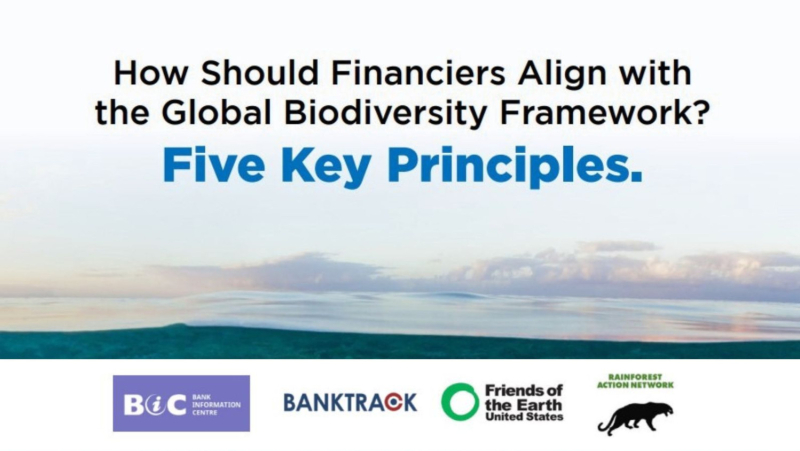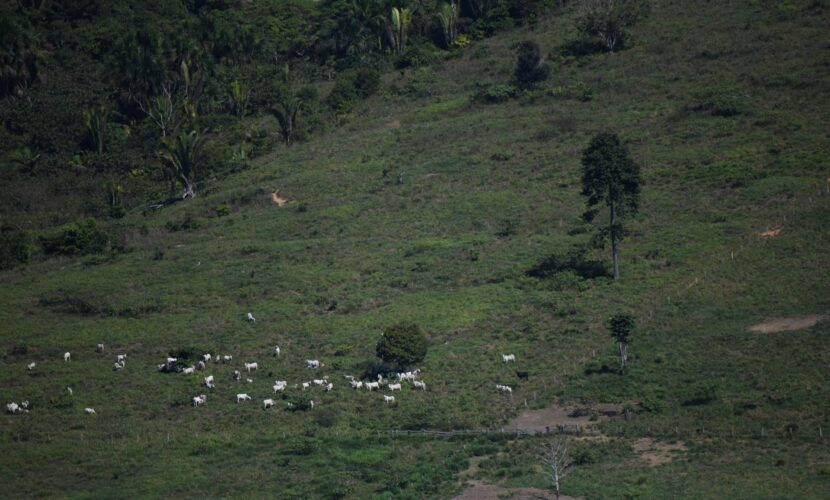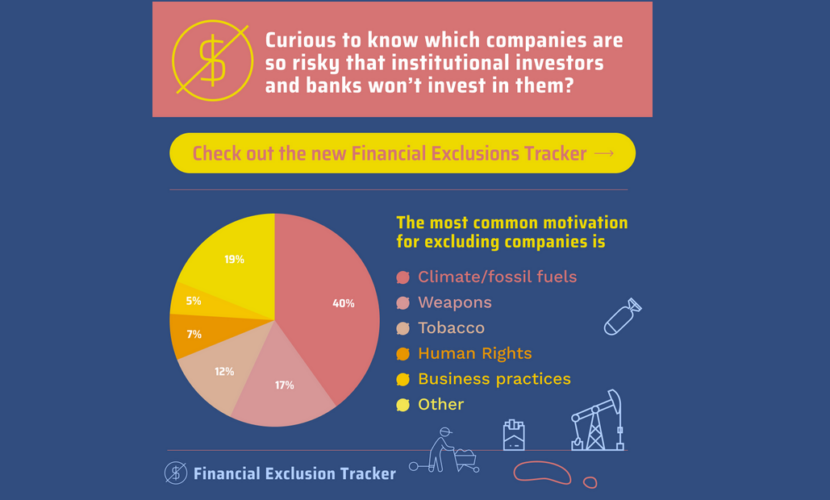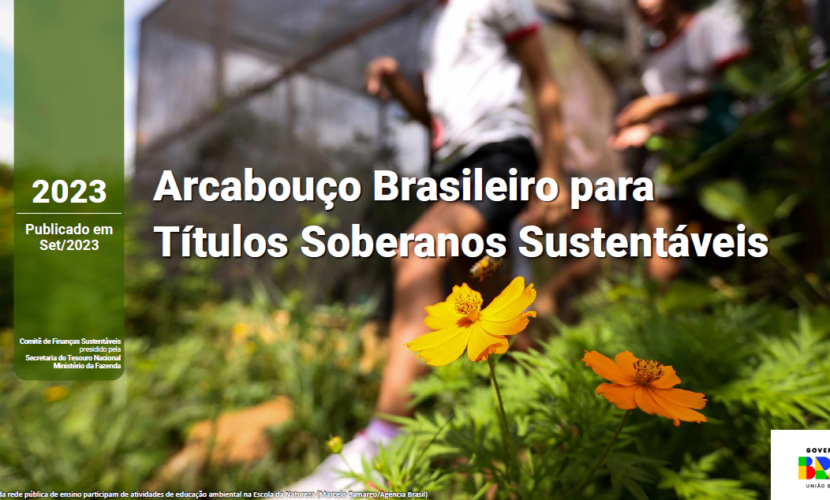Actualités
La société civile appelle les institutions financières publiques et privées à s’aligner sur le Cadre mondial de la biodiversité

New briefing paper sets out five key principles to guide banks’ activities when addressing the biodiversity crisis.
A new briefing paper published today calls on financial institutions to take responsibility for their role in driving the biodiversity crisis and commit to five key principles to align their activities with the Global Biodiversity Framework. The briefing is written by the Bank Information Centre, BankTrack, Friends of the Earth US and Rainforest Action Network, and has been endorsed by 74 civil society organisations and networks.
Just six months ago, governments met in Montreal, Canada for the UN Biodiversity Conference, COP15, where they agreed upon the Kunming-Montreal Global Biodiversity Framework (GBF). This framework calls for urgent action to halt and reverse nature loss by 2030 and explicitly calls for “aligning all relevant public and private activities, fiscal and financial flows with the goals and targets” of the framework.
Financial institutions play a critical role in accelerating, slowing and preventing key drivers of biodiversity loss, based on the industries and activities they finance. Both the GBF and IPBES have clearly stated that land use change, pollution, climate change and over-exploitation of natural resources are major drivers of biodiversity loss. Industries and sectors such as fossil fuels, large hydropower, industrial logging, industrial livestock farming, and industrial monoculture plantations are key drivers of nature loss.
While financial institutions continue to finance these sectors, the ability of the world’s ecosystems to support life on Earth is deteriorating faster than ever before in human history. This is why it is increasingly important for banks to take urgent action to address the twin biodiversity and climate crises. The briefing paper sets out five key principles that should guide the activities of banks in aligning with the GBF, including:
- Halting and reversing biodiversity loss: one of the most fundamental ways in which financial institutions can halt and reverse biodiversity loss is by prohibiting finance to activities and sectors that are driving nature destruction. In addition, banks must prohibit harmful financing which directly or indirectly negatively impacts at risk, critical ecosystems which are essential for conversing biodiversity and regulating the climate.
- Respecting and prioritising the rights of Indigenous Peoples and local communities: in order to follow a human rights-based approach as stated in the GBF, financial institutions must ensure that their policies and practices protect, prioritise, and centre the human rights of impacted communities. This must include the unique rights of Indigenous Peoples as well as the long-standing international best practices and standards for protecting the rights of local communities.
- Fostering a Just Transition: financiers must prioritise the ecological and social well-being of communities in support of sustainable development and ensure they are meaningfully engaging and consulting with affected communities. In addition, they must avoid false solutions such as biodiversity and carbon offset approaches, over-reliance on certification and disclosure schemes, and dependency on unproven, vague technologies.
- Ensuring ecosystem integrity: financial institutions should require funding proposals and assessments to evaluate cumulative, ecosystem-wide impacts prior to awarding financing, and prohibit financing to activities which seriously and negatively impact ecosystem integrity.
- Aligning institutional objectives across sectors, issues, and instruments: banks must create strong coherence between biodiversity-related targets and other institutional objectives, such as approaches and targets for climate, and ensure that human rights protection is embedded in their due diligence and decision-making processes.
Hannah Greep, Banks and Nature Campaign Lead at BankTrack said: “Aligning their activities with the Global Biodiversity Framework should be a top priority for banks given the role they play in supporting industries that are driving nature destruction. Time’s up for business-as-usual or false solutions – we need real change that supports the rights and interests of those most affected by biodiversity loss and allows the planet’s ecosystems to be restored to a healthy and thriving state.”
Katharine Lu, Senior International Sustainable Finance Manager at Friends of the Earth US said: “Six months since the adoption of the Global Biodiversity Framework, banks and financiers have yet to take concrete action in aligning with the GBF’s mission to stop and reverse biodiversity loss. By failing to ensure their financed activities do not drive negative environmental, social, and biodiversity impacts, banks and financiers are not just delaying, but thwarting global progress to protect biodiversity, nature, and people. There is no time for shortcuts. »
Originally published by BankTrack








